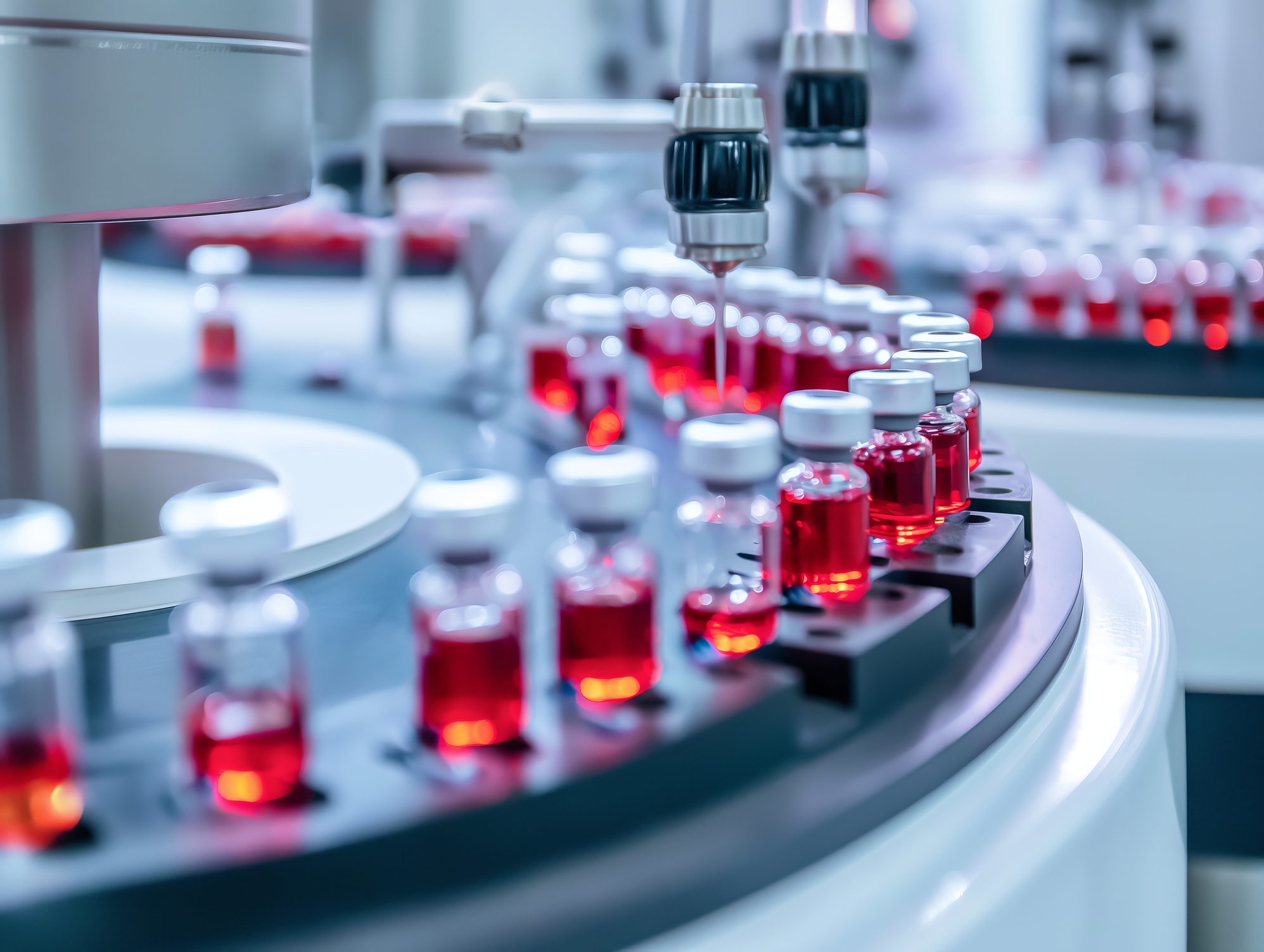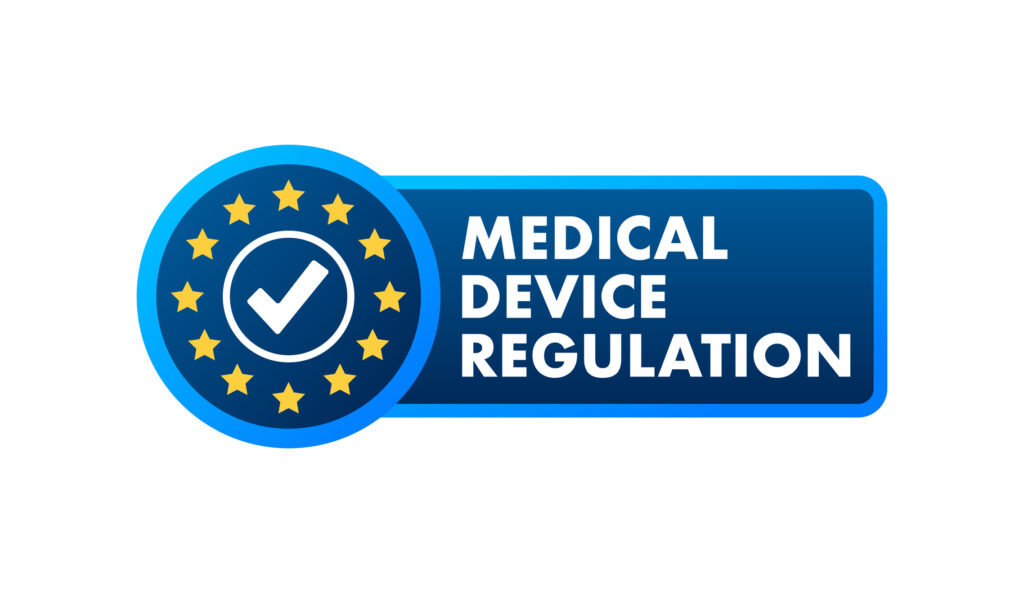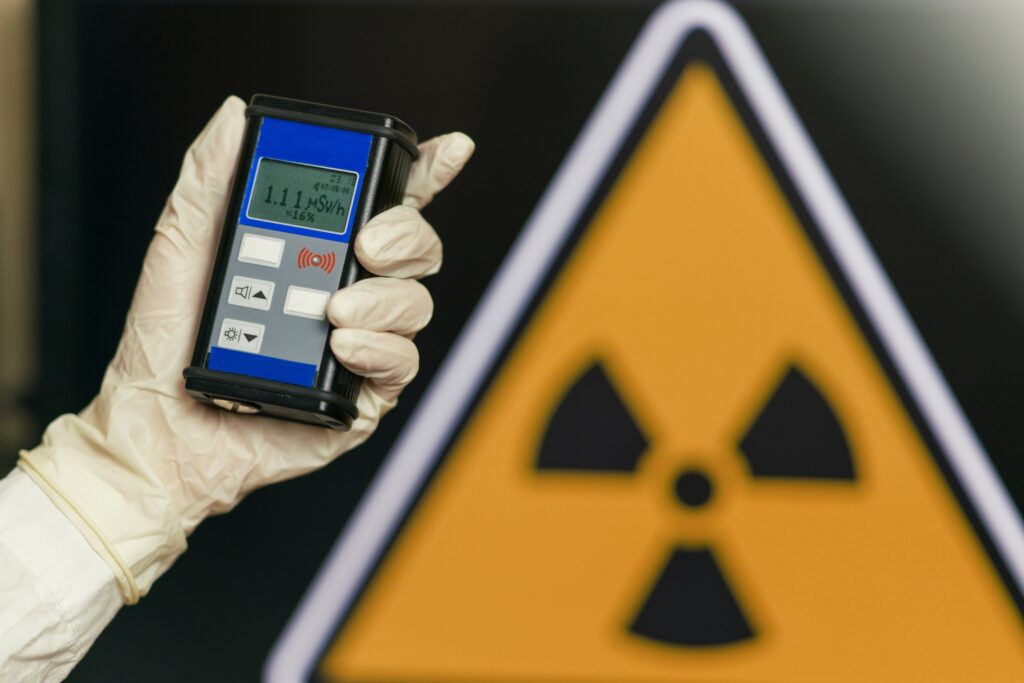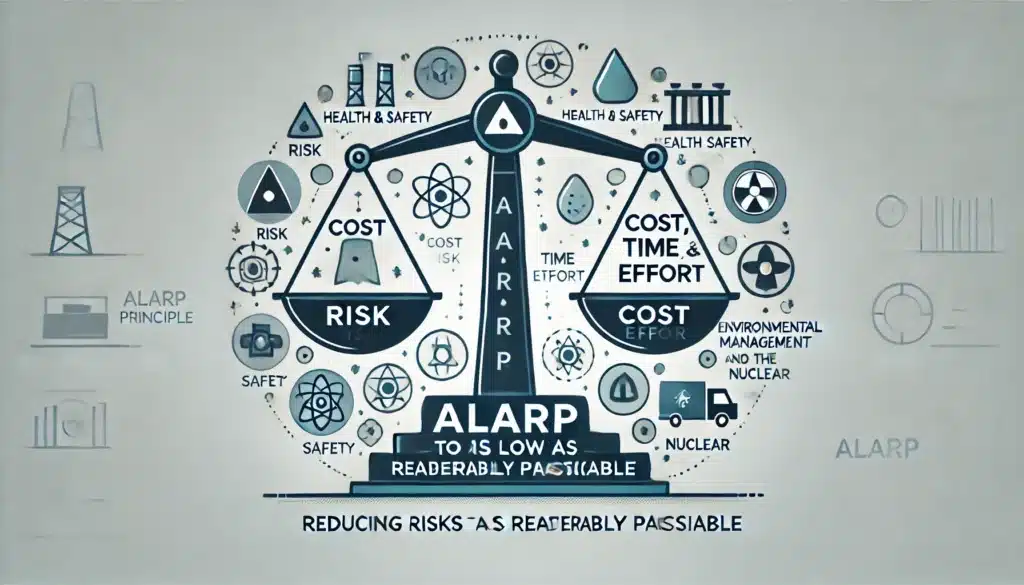The International Council for Harmonisation (ICH) Q7 guideline is a critical document that offers detailed guidance on the Good Manufacturing Practices (GMP) for the production of Active Pharmaceutical Ingredients (APIs). This guideline ensures that APIs, which are the core components of pharmaceutical drugs, meet stringent requirements for quality and purity. The ICH, an international organisation, collaborates with regulatory authorities and pharmaceutical industry stakeholders to establish these guidelines. These rules cover a range of areas, including safety, efficacy, quality, and multidisciplinary considerations. This article explores the core components of the ICH Q7 guideline, its role in ensuring quality API manufacturing, and the broader role of the ICH in harmonising pharmaceutical regulations globally.
Introduction: What is the ICH?
The International Council for Harmonisation (ICH) is an organisation that aims to bring together the pharmaceutical industry and regulatory authorities from different regions of the world. Its primary objective is to streamline and harmonise the technical and scientific aspects of drug development and registration. The ICH ensures that safe, effective, and high-quality medicinal products are produced and that their registration across regions is efficient and consistent.
Established in 1990, the ICH has played a pivotal role in fostering dialogue between regulators and the pharmaceutical industry. By producing internationally accepted guidelines, the ICH seeks to eliminate disparities in the regulation of drugs and their development, ensuring a harmonised approach across the global market. Its guidelines are categorised into four distinct areas:
- Quality: Standards related to the production and control of pharmaceutical products.
- Safety: Guidelines concerning the safety of pharmaceutical ingredients and the protection of patients.
- Efficacy: Recommendations on the effectiveness of treatments.
- Multidisciplinary: Guidelines that cover more general or technical aspects relevant to multiple areas of regulation.
The ICH Q7 Guideline: Purpose and Scope
The ICH Q7 guideline focuses specifically on Good Manufacturing Practices (GMP) for Active Pharmaceutical Ingredients (APIs). APIs are the substances in a pharmaceutical drug that provide therapeutic effects. Therefore, the quality and purity of APIs are paramount to ensuring that the final medicinal product is safe for patients and performs as expected.
ICH Q7 applies to the manufacturing, processing, packaging, and storage of APIs. It provides detailed recommendations on how to achieve consistent quality in these substances. These guidelines are critical as they govern every step of the API’s lifecycle, ensuring that the raw materials used, the manufacturing processes, and the final APIs themselves meet the highest standards for purity, quality, and efficacy.
The scope of ICH Q7 extends beyond the traditional boundaries of pharmaceutical companies. It applies to API manufacturers, third-party contractors, and companies involved in handling APIs for clinical trials or commercial use.
Key Components of the ICH Q7 Guideline
Quality Management
The cornerstone of ICH Q7 is its focus on establishing a robust quality management system. This system must be capable of ensuring that all aspects of the manufacturing process are controlled and monitored to prevent any risks to product quality. This includes documenting processes, establishing roles and responsibilities, and conducting regular quality audits.
Key Requirements:
- Establishment of a formal quality management system.
- Documentation of manufacturing processes.
- Regular reviews and audits of quality systems.
Personnel and Training
Another essential aspect of ICH Q7 is the focus on personnel involved in the API manufacturing process. It stresses that all personnel must be adequately trained and qualified to perform their tasks. Training must be regularly updated and documented to ensure that all employees understand the principles of GMP and are able to apply them effectively.
Key Requirements:
- All personnel should be adequately trained in GMP principles.
- Continuous training and assessment of staff competencies.
- Proper documentation of training procedures and records.
Buildings and Facilities
The ICH Q7 guideline also provides extensive recommendations on the design and maintenance of facilities where APIs are manufactured. These facilities must be constructed in a way that minimises risks of contamination and ensures the safety of both workers and the APIs being produced.
Key Requirements:
- Facilities must be designed to prevent contamination.
- Maintenance of a clean and controlled environment.
- Clear segregation of areas to avoid cross-contamination.
Process Equipment
To ensure the integrity and quality of APIs, ICH Q7 mandates that all equipment used in the manufacturing process must be designed, operated, and maintained to appropriate standards. Proper calibration and cleaning procedures are crucial in preventing contamination or product mix-ups.
Key Requirements:
- Regular maintenance and calibration of equipment.
- Thorough cleaning procedures between production batches.
- Documentation of all equipment-related activities.
Materials Management
The control of materials is another critical area covered by ICH Q7. The guideline outlines the need for strict controls on incoming materials, including raw materials, intermediates, and packaging materials. Only qualified suppliers should be used, and materials must be tested to ensure compliance with established specifications.
Key Requirements:
- Use of only qualified suppliers for raw materials.
- Testing and documentation of materials before use.
- Proper labelling and storage of materials to prevent mix-ups.
Production and In-Process Controls
ICH Q7 emphasises the importance of closely monitoring production processes to ensure that all manufacturing steps are consistent and controlled. This includes setting clear operating parameters, monitoring critical process points, and ensuring that in-process controls are established to verify the quality of the API at every stage of production.
Key Requirements:
- Setting clear operating parameters for all processes.
- Monitoring critical points during production.
- Use of in-process controls to verify product quality.
Packaging and Labelling
APIs must be packaged and labelled correctly to prevent confusion, contamination, or deterioration. The guideline provides detailed instructions on how APIs should be packaged, labelled, and stored to maintain their quality throughout their lifecycle.
Key Requirements:
- Proper packaging materials must be used to protect the API.
- Clear labelling to prevent mix-ups.
- Detailed storage instructions to ensure product integrity.
Storage and Distribution
The conditions in which APIs are stored and distributed can significantly affect their quality. ICH Q7 outlines strict conditions under which APIs must be stored, ensuring they are kept in controlled environments. The guideline also provides recommendations on how to transport APIs to prevent degradation.
Key Requirements:
- Controlled storage conditions for all APIs.
- Clear guidelines on how APIs should be transported.
- Regular checks to ensure that storage and transport conditions meet regulatory requirements.
The Role of ICH in Global Harmonisation
The ICH’s primary goal is to harmonise pharmaceutical regulations across the globe. Before the formation of the ICH, pharmaceutical companies faced a myriad of regulatory requirements in different regions. This created inefficiencies in drug development and registration, as companies had to tailor their products to meet diverse regulations.
By producing harmonised guidelines, the ICH has helped streamline the drug development process, reducing unnecessary duplication of tests and speeding up the time it takes for new drugs to reach the market. The ICH guidelines, including ICH Q7, are recognised and adopted by regulatory bodies in the European Union, the United States, Japan, and many other regions, providing a framework for ensuring the quality and safety of pharmaceutical products.
Benefits of Adopting the ICH Q7 Guideline
There are several benefits to adhering to the ICH Q7 guideline for both pharmaceutical companies and patients:
- Improved Product Quality: By following the strict requirements of ICH Q7, companies can produce APIs that meet the highest standards for quality and purity. This ensures that the final pharmaceutical products are safe and effective.
- Regulatory Compliance: Adhering to ICH Q7 ensures that pharmaceutical companies comply with the regulatory requirements of multiple regions. This streamlines the approval process and allows companies to enter new markets more quickly.
- Reduction in Costs: By following a harmonised set of guidelines, companies can reduce the need for redundant testing and development activities. This leads to cost savings and allows companies to bring products to market more efficiently.
- Patient Safety: At the heart of ICH Q7 is a commitment to patient safety. By ensuring that APIs meet stringent standards for quality and purity, companies can minimise the risk of adverse reactions or product recalls.
Challenges in Implementing ICH Q7
While the benefits of ICH Q7 are clear, there are also several challenges associated with its implementation:
- Cost of Compliance: Establishing and maintaining a quality management system that complies with ICH Q7 can be expensive, particularly for smaller companies. The costs associated with regular audits, documentation, and training can be significant.
- Complexity of Guidelines: The ICH Q7 guideline is comprehensive and covers a wide range of topics. For companies unfamiliar with GMP requirements, implementing the guideline can be a complex and time-consuming process.
- Global Variations in Enforcement: While the ICH aims to harmonise regulations, there can still be differences in how the ICH Q7 guideline is enforced in different regions. This can lead to inconsistencies in how companies apply the guidelines and how they are inspected by regulatory authorities.
Future Directions for ICH and GMP
As the pharmaceutical industry continues to evolve, the ICH will play a crucial role in ensuring that regulatory guidelines keep pace with new scientific developments. This includes emerging areas such as biotechnology, personalised medicine, and advanced manufacturing technologies. The ICH will continue to update its guidelines, including ICH Q7, to address the challenges of modern pharmaceutical production.
Furthermore, as more countries join the ICH, the organisation’s guidelines will become increasingly influential on a global scale. This will lead to even greater harmonisation of pharmaceutical regulations and help ensure that patients around the world have access to safe, effective, and high-quality medicines.
Conclusion
The ICH Q7 guideline is a vital tool in ensuring the quality and safety of Active Pharmaceutical Ingredients. By setting out clear requirements for every stage of the API manufacturing process, from raw materials to packaging and storage, ICH Q7 provides a framework that helps pharmaceutical companies produce high-quality products.
The ICH’s broader mission of harmonising pharmaceutical regulations has led to significant improvements in the efficiency of drug development and registration, ensuring that patients have access to safe and effective treatments. While challenges remain in the implementation of ICH Q7, particularly for smaller companies, the benefits of adherence to the guideline are undeniable.
As the pharmaceutical industry continues to evolve, the ICH will remain at the forefront of global efforts to harmonise regulations and ensure that patients everywhere have access to high-quality medicines.
Disclaimer
The content provided in this article, Understanding the International Council for Harmonisation (ICH) Q7 Guideline, is for general informational purposes only. While every effort has been made to ensure the accuracy and relevance of the information presented, Open MedScience does not guarantee its completeness or applicability to specific circumstances.
This article does not constitute professional or regulatory advice and should not be relied upon as such. Readers are encouraged to consult the original ICH Q7 guideline and seek advice from qualified professionals or regulatory authorities for guidance tailored to their particular context.
Open MedScience accepts no liability for any loss or damage arising directly or indirectly from the use of or reliance on the information contained in this publication.
home » blog » regulatory affairs »



